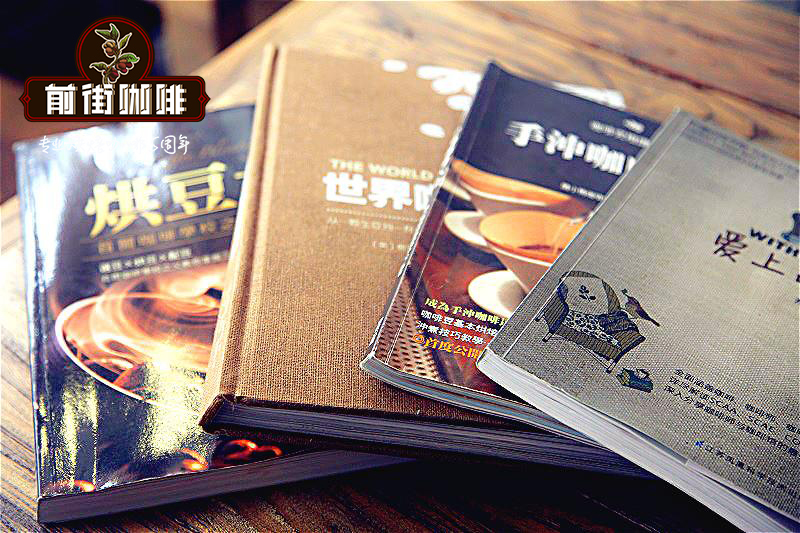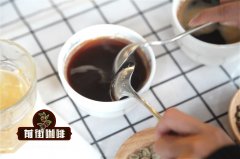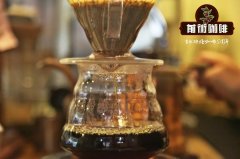Hawaiian Coffee Manor introduces which brand of Hawaiian coffee is better.

Professional coffee knowledge exchange more coffee bean information please follow the coffee workshop (Wechat official account cafe_style)
Kona Coffee Bean Plantation in Hawaii
In 1825, an English agronomist named John Wilkinson transplanted some coffee from Brazil to grow in the coffee garden of Chief Birch on the island of Oahu. Three years later, an American missionary named Samuel Riveland Rags brought the branches of the coffee tree from Birch Emirates Garden to Kona, a descendant of the Arabica coffee tree that first grew on the Ethiopian plateau. To this day, Kona Coffee still carries on its noble and ancient lineage.
Coffee trees grow on the slopes of volcanoes, and their geographical location ensures the altitude needed for coffee growth; the dark volcanic ash soil provides the minerals needed for coffee growth. The climatic conditions are very suitable. In the morning, the sun gently passes through the air full of water vapor. In the afternoon, the mountains will become more humid and foggy, and the white clouds surging in the air are natural umbrellas for coffee trees. And the evening will become sunny and cool, but there is no Frosts Descent.
Hawaiian Kona is a non-extreme coffee, rich in texture, but not as strong as Sumatra; rich in aroma, but not as good as the best Jamaican alpine fragrance; sour, but not as sour as Antigua acid. It often has a caramel-like taste, similar to the aroma of pudding, lack of sour fruit, reminiscent of milk pancakes; it is also suitable for blending mixed coffee. If you think Indonesian coffee is too thick, African coffee is too sour, and Central and South American coffee is too bright, then Kona may be suitable for you.
Related recommendation: Hawaiian kona Kona Coffee introduces how to brew Hawaiian Kona Coffee
Important Notice :
前街咖啡 FrontStreet Coffee has moved to new addredd:
FrontStreet Coffee Address: 315,Donghua East Road,GuangZhou
Tel:020 38364473
- Prev

Yunnan Coffee Exploration trip to Yunnan for coffee
Professional coffee knowledge exchange more coffee bean information Please follow the coffee workshop (Wechat official account cafe_style) I have been back in Yunnan for a week, so I always feel that I should sort out some words, at least it is worth the trip, and it will be convenient for me to read it in the future. In fact, this is my second visit to Yunnan, and the last time I took a cursory look at Pu'er. With a lot of questions to see, and with
- Next

Hawaiian Coffee Manor recommends Hawaiian winnable Manor Coffee beans
Professional coffee knowledge exchange more coffee bean information please follow Coffee Workshop (Wechat official account cafe_style) Hawaiian famous Coffee Manor-win Manor is located in the center of Kona Coffee Belt on the island of Hawaii, is a large estate with 960 acres. The output value of Kona coffee in the manor accounts for 10% of the total Kona coffee, and almost all of the manors are Fancy and Fancy, which can be called coffee.
Related
- Does Rose Summer choose Blue, Green or Red? Detailed explanation of Rose Summer Coffee plots and Classification in Panamanian Jade Manor
- What is the difference between the origin, producing area, processing plant, cooperative and manor of coffee beans?
- How fine does the espresso powder fit? how to grind the espresso?
- Sca coffee roasting degree color card coffee roasting degree 8 roasting color values what do you mean?
- The practice of lattes: how to make lattes at home
- Introduction to Indonesian Fine Coffee beans-- Java Coffee producing area of Indonesian Arabica Coffee
- How much will the flavor of light and medium roasted rose summer be expressed? What baking level is rose summer suitable for?
- Introduction to the characteristics of washing, sun-drying or wet-planing coffee commonly used in Mantenin, Indonesia
- Price characteristics of Arabica Coffee Bean Starbucks introduction to Manning Coffee Bean Taste producing area Variety Manor
- What is the authentic Yega flavor? What are the flavor characteristics of the really excellent Yejasuffi coffee beans?

